Strengthening the circle: empowering success for Indigenous learners through community-based assessments and reciprocal relationships
Meeting learners within their Indigenous communities to promote higher education is a powerful demonstration of respect and support.
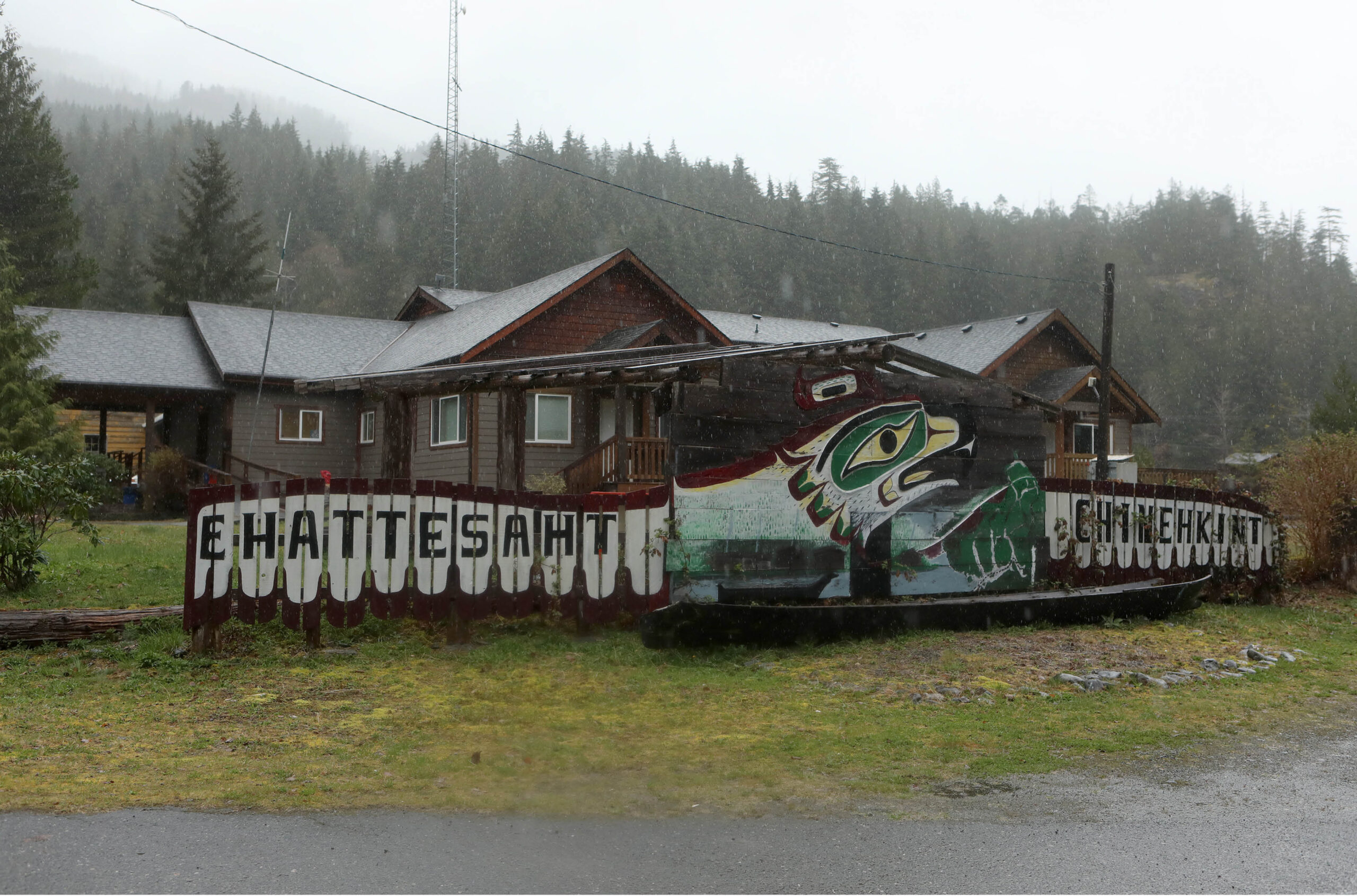
A community-based assessment is a holistic practice that provides prospective learners with the experiential learning and information necessary to start or return to their educational journey.
Our positionalities depend on the environment and the context we are a part of. There are intersecting pieces, some of which we show more of and some less, depending on the relationships we are forming or maintaining. We situate ourselves as two Indigenous people who were predominately raised outside of our cultures and are working daily to reconnect with them in various ways. We position ourselves as cis females, graduate students in a doctor of education program, and educational practitioners in the post-secondary sector of British Columbia, with a passion for promoting education to other Indigenous peoples across Turtle Island.
Learner success in higher education in Canada is subjective, context-based and can be defined differently by every practitioner. Still, post-secondary staff, faculty and administrators commonly observe that learners can be empowered to achieve success if they have strong support systems throughout their learning journey.
Indigenous learners face a unique set of barriers to education that is deeply rooted in systemic and historical racism within the Canadian education system. The Truth and Reconciliation Commission’s 94 calls to action implore the federal government to eliminate the gaps in education between Indigenous and non-Indigenous learners (call to action #7). Post-secondary institutions can address this gap by creating Indigenous programs with Indigenous communities and their people and participating in the local protocols and traditions of the nations where they are guests. Indigenous education, where curriculum and practices are centred around Indigenous knowledge, culture, and ways of being, contributes to success in the form of engagement, retention, graduation rates, transitions to the workforce and contributions to communities.
One example of this step is a “circle of support” as a key element in strengthening learner success. The circle could be comprised of Elders, family members, friends, colleagues, and/or past educators. Each person holds the possibility to both support and challenge the learner. As educators, our interactions with students carry significant weight, influencing their journeys throughout post-secondary education. Building relationships with Indigenous students from the start of their journey shapes how they see our presence — not just as a figurehead or institutional representative; instead, as a trusted member in their inner circle playing a meaningful role in their journey.
“Aboriginal families and communities have a special role in this [life] journey – to foster a strong collective identity and provide wisdom for their children and youth as they engage in lifelong learning” (Battiste, 2010).
Nicola Valley Institute of Technology, based in B.C., has been a trusted partner to Indigenous communities across Canada for over 40 years. Their enduring relationships have been instrumental in developing community-based assessments, which help guide program delivery within the community for prospective learners interested in attaining a post-secondary education. The results from the assessments may mean completing a college readiness program before starting to work towards a post-secondary certificate or diploma, to better prepare students for success.
This comprehensive community-based assessment service includes an opening prayer from a community Elder, community assessment preparation, assessment invigilation (English and math), and assessment review. Commitment to each prospective learner is further demonstrated through co-creating individual education plans. These plans are tailored to each student’s unique needs and aspirations, ensuring a personalized and supportive learning journey. The summary highlights the individual learner’s educational priorities and identifies broader educational opportunities for the community. The assessment process also provides prospective learners with the experiential learning and information necessary to start and return to their journey into post-secondary education.
Meeting the learners within their Indigenous communities to promote education demonstrates a commitment to understanding their Indigenous community operations, unique protocols and traditions. As post-secondary educators, we are accustomed to structured operations. However, the approach to community-based assessments necessitates a shift towards flexibility. This flexibility, which may involve travelling into remote communities via plane, boat, or car, sends a powerful message to the learner that you and your post-secondary institution are committed to providing unwavering support. Commitment to meeting them where they are is the first step to strengthening the circle for Indigenous learners.
Our own journeys into numerous Indigenous communities across BC have been a testament to the transformative power of education. We have witnessed the growth of learners from their first hesitant steps to the triumphant moment when they walk across the stage at graduation. It is a source of immense pride to see a learner who may not have engaged with education for a significant period, may not have graduated from high school, or may be directly transitioning from high school, realizing that their life experiences have propelled them to a higher level of assessment than they had anticipated. And then, to be present at their graduation ceremony as they receive the credential they once thought was beyond their reach is a genuinely inspiring experience.
We challenge other post-secondary institutions to look beyond on-campus learner support and engagement and to collaborate with Indigenous communities and their supporters to offer more holistic opportunities for Indigenous learners. We recognize that taking this step towards reconciliation may be challenging for higher education institutions that still operate within colonial frameworks and we offer the BCCampus Pulling Together Indigenization Guides as a starting point for guidance and tools. What is unequivocally clear is that the need to support learner success across the post-secondary landscape needs to match the learners entering our campuses, classrooms, offices and hearts. This shift can begin at the micro level, with each individual seeing themselves as part of a circle of change and with the goal that at the macro level, education responds ethically to the call to action of Indigenous learners.
Featured Jobs
- Canada Excellence Research Chair in Computational Social Science, AI, and Democracy (Associate or Full Professor)McGill University
- Education - (2) Assistant or Associate Professors, Teaching Scholars (Educational Leadership)Western University
- Psychology - Assistant Professor (Speech-Language Pathology)University of Victoria
- Business – Lecturer or Assistant Professor, 2-year term (Strategic Management) McMaster University
- Veterinary Medicine - Faculty Position (Large Animal Internal Medicine) University of Saskatchewan








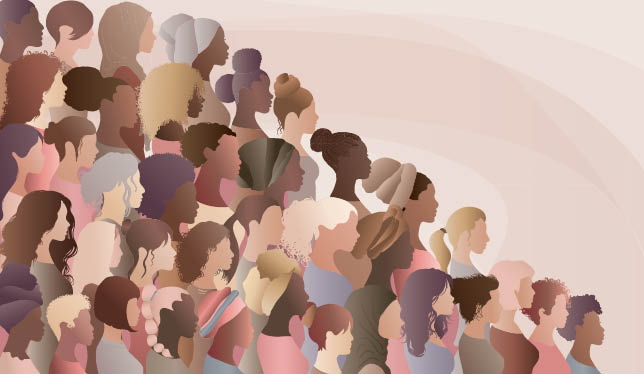
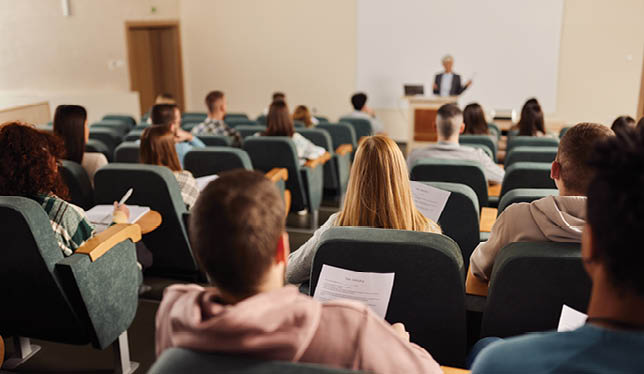
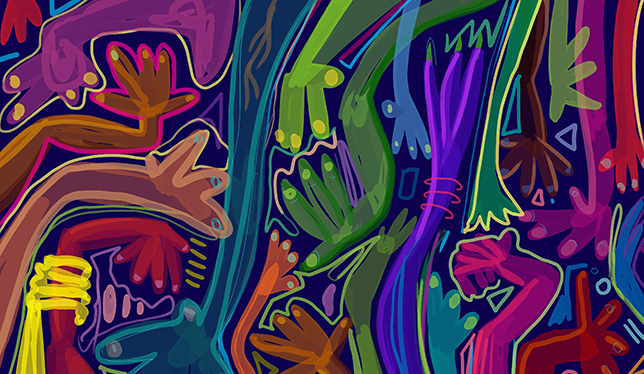
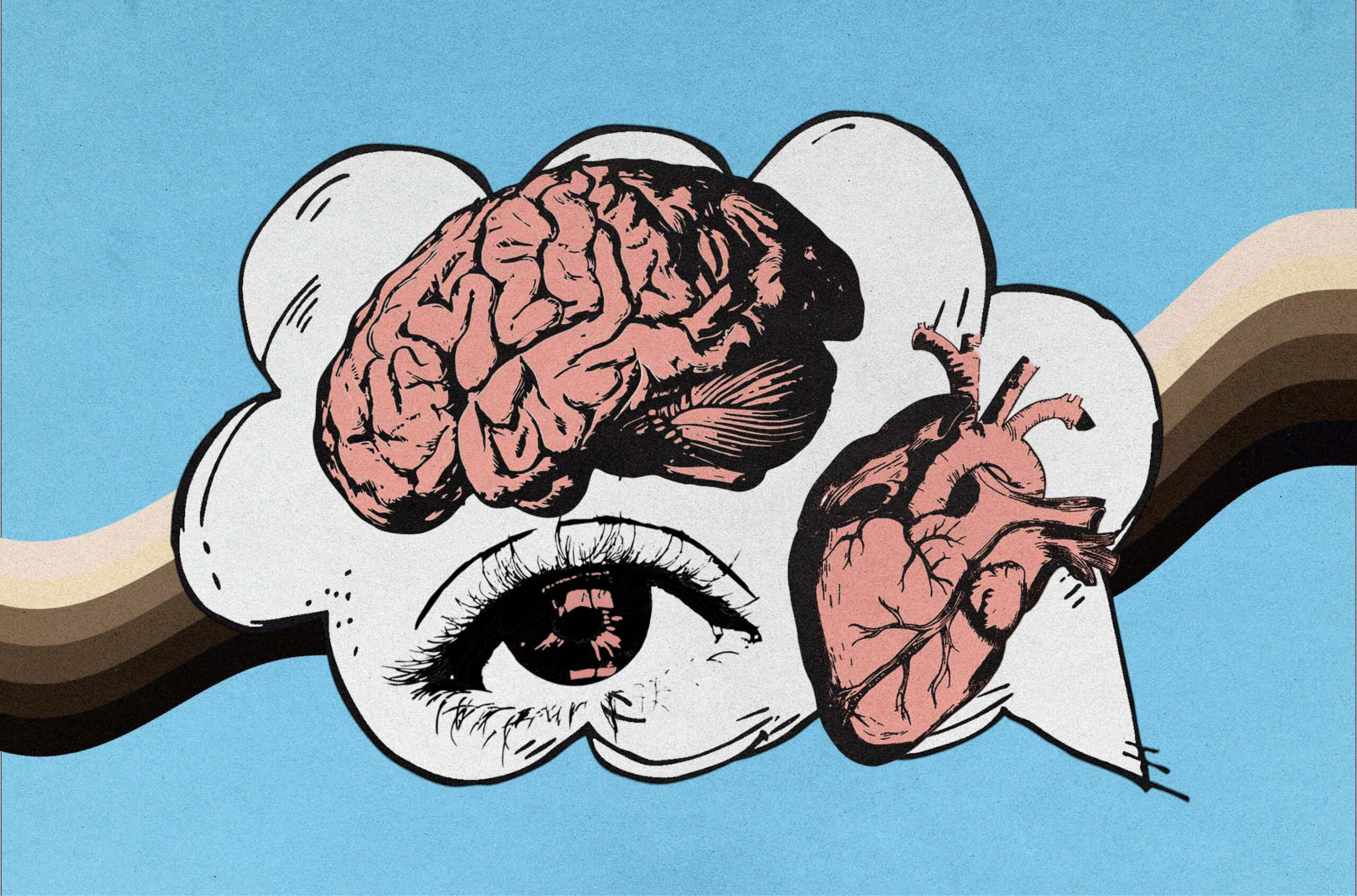

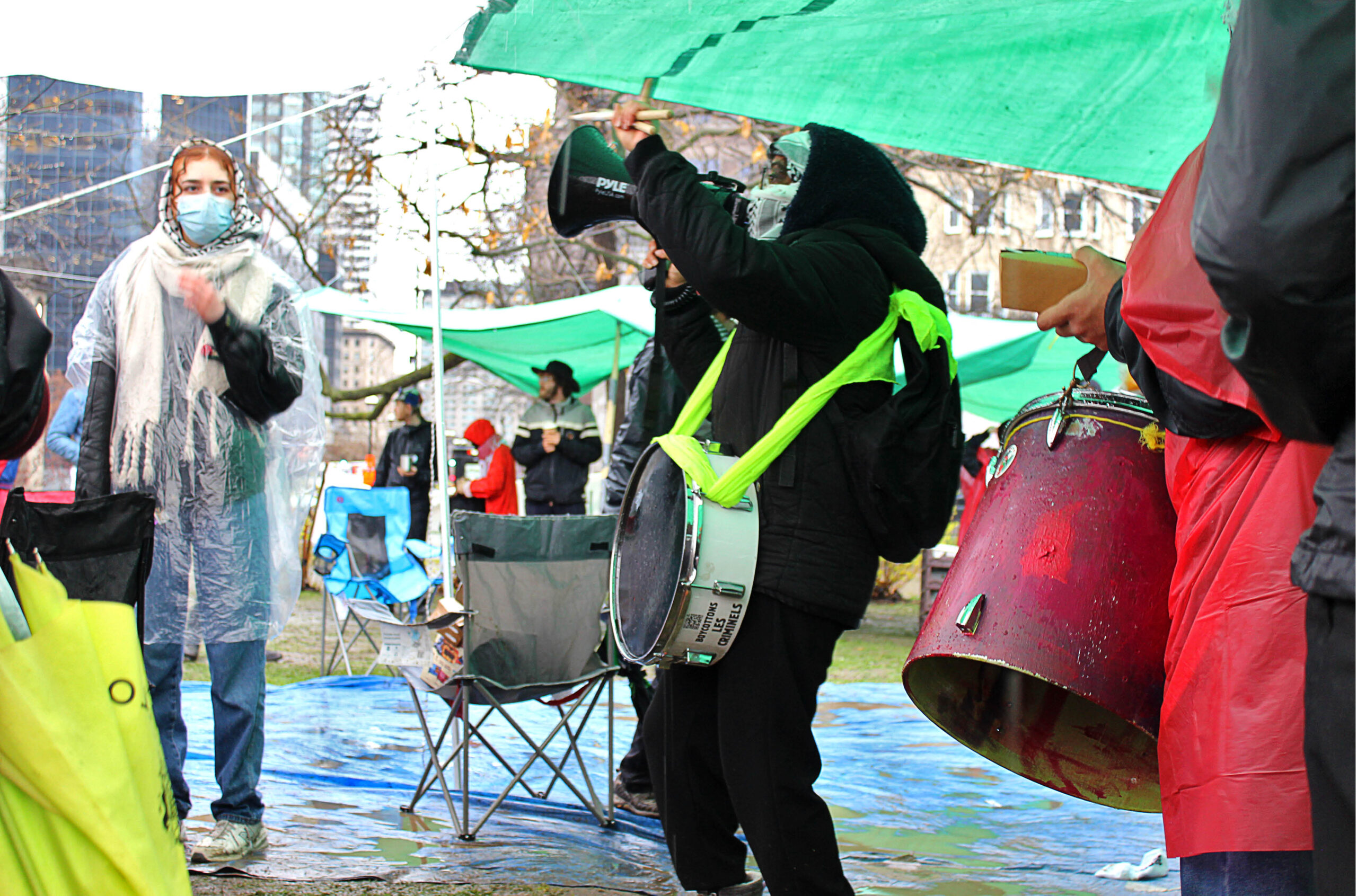

Post a comment
University Affairs moderates all comments according to the following guidelines. If approved, comments generally appear within one business day. We may republish particularly insightful remarks in our print edition or elsewhere.
1 Comments
Thank you for sharing this important aspect of supporting Indigenous communities! As a public institution, our goal needs to be supporting Indigenous communities to overcome the barriers associated with the immense losses due to residential school experiences and the socio-historical realities that lay in its wake…well done…tack̓líʔ kiʔ put asckʷʼúl̕ | you did it the right way!